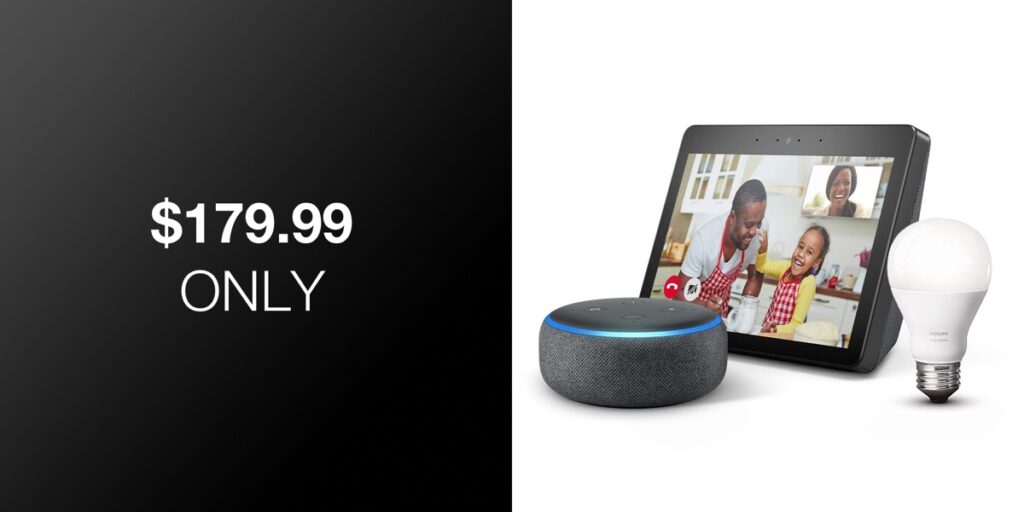
Within the "When this happens" section there are lots of options - this can be something you say, or it could be something triggered by a smart home sensor or doorbell. Then "Add action", and then choose what happens.
#Hue party for echo skill how to
Select "When this happens", and then choose how to trigger the Routine.Select the + icon in the top right corner.This is a critical step and takes less than a minute, after which Alexa will tell you that it has found these devices. This is essentially a scan the Echo and Alexa does to find those devices in your house. Because you've (a) set-up your smart home devices and (b) told Alexa what they are, you can then search for them by tapping the "Discover devices" button that appears in the app. This is the critical last step of the process.

Alexa will then connect and have control of that device. This will often involve signing in to your account for that brand with your credentials.
#Hue party for echo skill install
After that, Alexa will install the appropriate Skill to support it. The process from here is often to set up your device according to the manufacturer's instructions (which we already advised you to do above), and install the app for that device.
#Hue party for echo skill full
You can use Zigbee for cheaper or more basic devices (like a single white lightbulb), but for more advanced devices with more functions like you get from smart heating, you'll want the full experience they offer, so Zigbee is best avoided. There's the downside that some advanced features aren't supported: with Philips Hue for example, using Zigbee on the Echo means you don't need the Hue Hub or Hue app, but you don't get any of the advanced controls, like Hue's scenes, custom colours or firmware updates. Because those Echos can directly talk to that device, it will recognise it and provide some controls - without the need for a hub or app for that device. The Zigbee controller in the latest Echo, older Echo Plus or Echo Show 10 will let you set up a smart home device without the need to follow the usual manufacturer procedures. It's the standard that Philips Hue uses, for example, and it's fairly common, if rarely spoken about. Zigbee is a wireless standard that's used in a number of smart home devices. We'll talk more about Zigbee and Matter now. It means that you know the device works from the off, so it's often simpler to use this approach. If you're planning to use Zigbee or Matter, then you don't necessarily need to setup the devices first, but we've always found this a useful step.
There are a huge range of devices that work with Alexa, here's a quick run-down of some of the best Alexa compatible smart home options: Smart lighting This usually involves plugging it in, connecting to a hub or more commonly your Wi-Fi network, installing the app, searching for your device and entering a passcode. Basically, follow the manufacturer's instructions to get those devices working.

Setting up your smart home devices for Alexaīefore you do anything else, it is advisable to set up any smart home devices you already have - smart heating, lights, cameras, plugs - in most cases you'll want these set up as advised before you do anything with Alexa.


 0 kommentar(er)
0 kommentar(er)
